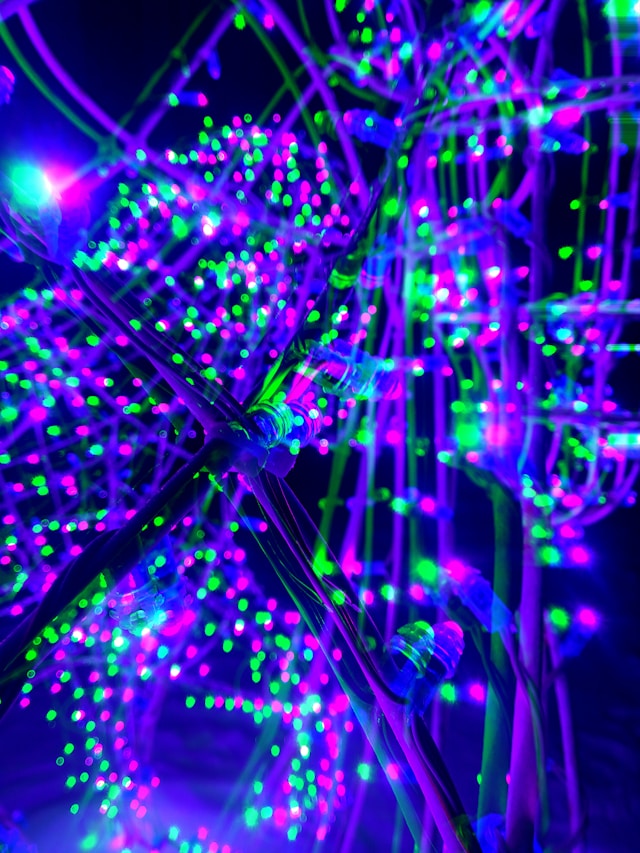Quantum computing is poised to revolutionize various industries, with cybersecurity standing at the forefront of this transformation. Unlike classical computers, which process information in binary bits (0s and 1s), quantum computers utilize quantum bits, or qubits, enabling them to perform complex calculations at unprecedented speeds. This advancement presents both opportunities and challenges, particularly in the realm of encryption.
Understanding Encryption in the Classical Era
Encryption has been the cornerstone of digital security for decades, safeguarding sensitive information across the internet. Traditional encryption methods, such as RSA and elliptic curve cryptography (ECC), rely on the computational difficulty of certain mathematical problems—like factoring large numbers or solving discrete logarithms—to protect data. These systems are designed to be practically unbreakable by classical computers.
The Quantum Threat to Classical Encryption
Quantum computers, leveraging algorithms like Shor’s algorithm, can efficiently solve these complex mathematical problems, potentially rendering current encryption methods obsolete. This capability poses a significant threat to the confidentiality and integrity of digital communications, financial transactions, and personal data.
Post-Quantum Cryptography: The Next Frontier
In response to these emerging threats, researchers are developing post-quantum cryptography (PQC)—encryption methods designed to be secure against both classical and quantum computational attacks. PQC focuses on mathematical problems that remain difficult for quantum computers to solve, such as lattice-based problems, hash functions, and code-based systems. The National Institute of Standards and Technology (NIST) has been instrumental in standardizing these algorithms to ensure a smooth transition to quantum-resistant encryption.
The Role of Quantum Key Distribution (QKD)

Quantum Key Distribution (QKD) is another promising approach to secure communication in the quantum era. QKD utilizes the principles of quantum mechanics to enable two parties to generate and share a secret key securely, with the assurance that any eavesdropping attempt will be detected. While QKD offers theoretical security, its practical implementation is still in developmental stages and may require significant infrastructure changes.
Challenges in Transitioning to Quantum-Resistant Systems
The shift from classical to quantum-resistant encryption is not without its challenges. Organizations must assess their current cryptographic systems, identify vulnerabilities, and develop a comprehensive migration plan. This process involves updating software and hardware, training personnel, and ensuring interoperability across different systems and platforms.
Global Initiatives and Regulatory Measures
Governments and international bodies are recognizing the urgency of preparing for the quantum future. The U.S. has enacted the Quantum Computing Cybersecurity Preparedness Act, mandating federal agencies to evaluate and transition to post-quantum cryptographic standards. Similarly, NIST’s ongoing efforts aim to provide clear guidelines and standards for the adoption of PQC.
The Future Outlook
As quantum computing continues to evolve, so too must our approaches to encryption and cybersecurity. The integration of PQC and QKD into existing systems will be crucial in safeguarding digital assets against future threats. Ongoing research, collaboration, and investment in quantum-safe technologies will determine the resilience of our digital infrastructure in the quantum era.
The advent of quantum computing marks a paradigm shift in the field of cybersecurity. While it introduces new challenges, it also drives innovation in encryption technologies. By proactively adopting post-quantum cryptographic standards and exploring quantum key distribution, we can build a secure foundation for the digital future.

